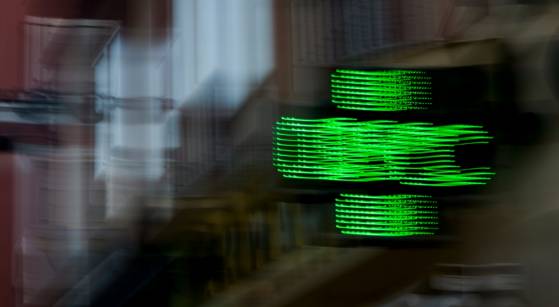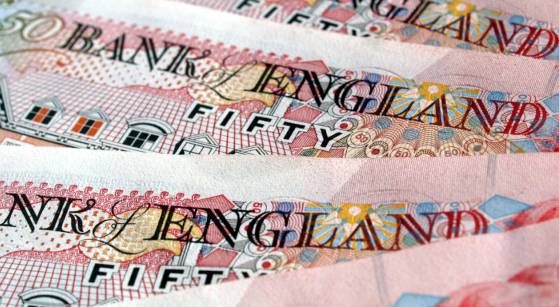In analyzing the state of the British economy, this week's macroeconomic readings have provided a mixed outlook. With indicators such as wages, GDP, and industrial production under scrutiny, market observers are eager to gain insights into the potential depth of the recession and the Bank of England's (BoE) approach to interest rates.
Examining the released figures, renowned economist Walid Koudmani highlights the various nuances in the current economic landscape. Wages in the UK continue to rise, with average earnings for a 3-month period surpassing expectations at a 6.9% year-on-year (YoY) growth rate, slightly higher than the previous level of 6.7% YoY. However, the number of unemployment benefit claims has seen a significant increase of 25.7k, reversing the prior decline of 22.5k. Additionally, the quarterly change in employment of 102 thousand falls short of the previous level of 250k, although it exceeds expectations set at 85k.
FXMAG.COM:
What do this week's macroeconomic readings - wages, GDP, industrial production - tell us about the state of the British economy? Will the recession be deep? Will the BoE continue to raise rates?
Walid Koudmani
However, the number of unemployment benefit claims increased by 25.7k, reversing the previous decline of 22.5k. The quarterly change in employment amounted to 102 thousand, surpassing the expected 85k but lower than the previous level of 250k.
The rise in wage growth is a concern as it could indicate persistent inflationary pressures to come which could lead to a decline in consumer spending, leading to a negative impact on economic growth.
Overall, the macroeconomic readings released this week do not provide a clear picture of the state of the British economy. However, they do suggest that the economy could be facing some headwinds, such as rising inflation and slowing growth. It is too early to say whether the UK will experience a deep recession, but the BoE is likely to continue raising rates in an effort to combat inflation and expectations for those rates continue to increase. While the Pound has benefited from this news, there could be a noticeable pressure on stocks as the cost of money continues to rise and investors are left with less resources to allocate. In addition to this, there are several other factors which may influence the British economy including the outcome of the war in Ukraine, the pace of global economic growth, and the direction of commodity prices.










![Warsaw Stock Exchange: Brand24 (B24) - 1Q23 financial results Turbulent Q2'23 Results for [Company Name]: Strong Exports Offset Domestic Challenges](/uploads/articles/2022-FXMAG-COM/GPWA/gpw-s-analytical-coverage-support-programme-wse-2-6311cd4191809-2022-09-02-11-30-41-63175bda84812-2022-09-06-16-40-26.png)









![Warsaw Stock Exchange: Brand24 (B24) - 1Q23 financial results Turbulent Q2'23 Results for [Company Name]: Strong Exports Offset Domestic Challenges](https://www.fxmag.com/media/cache/article_small_filter/uploads/articles/2022-FXMAG-COM/GPWA/gpw-s-analytical-coverage-support-programme-wse-2-6311cd4191809-2022-09-02-11-30-41-63175bda84812-2022-09-06-16-40-26.png)


